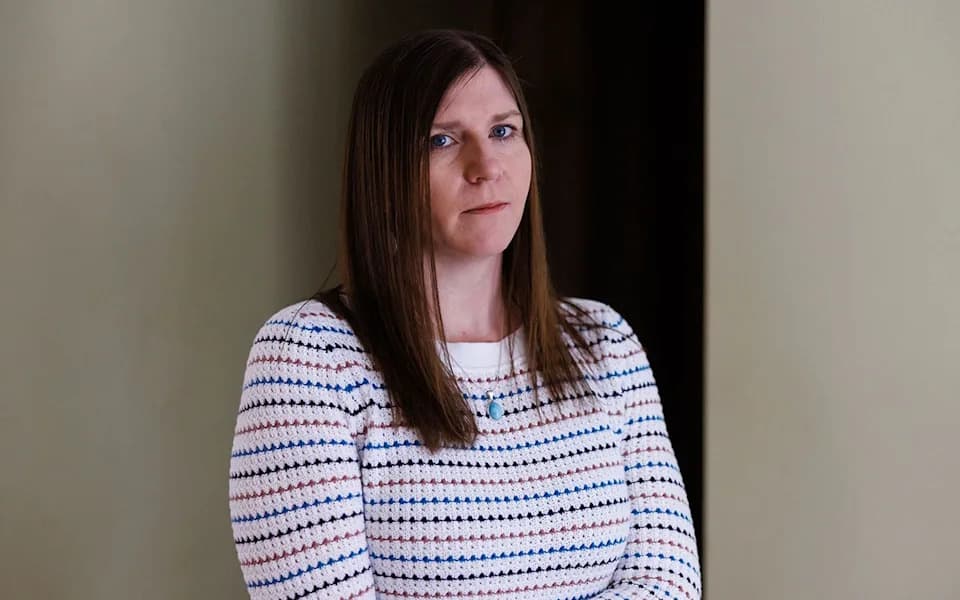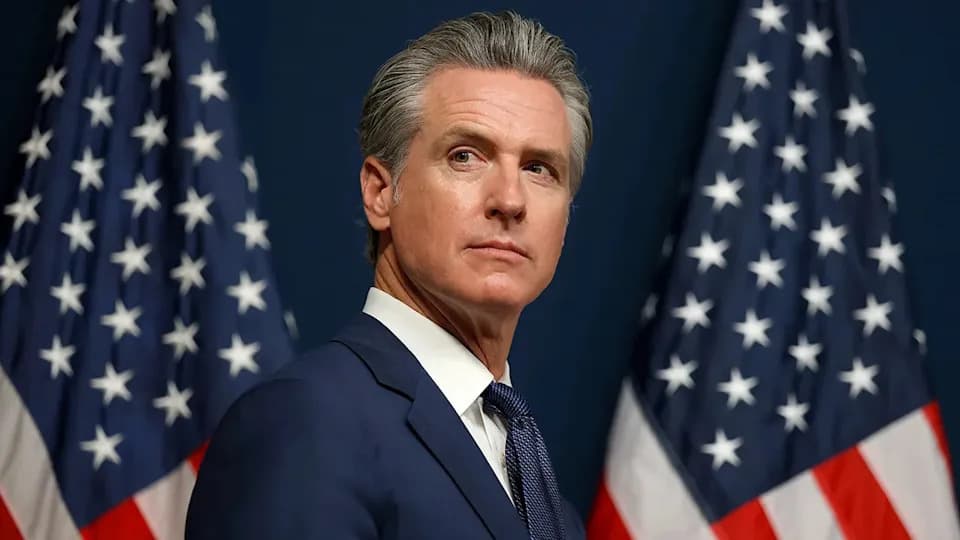Identity Crisis: Defying the Transgender Lobby to Save His Son follows Gareth Amaya Price as he resists pressure to allow his 14-year-old son, Simon, to undergo clinical transition. Gareth says his research convinced him many adolescents who identify as transgender will move on from those feelings if not medicalized, and he worried about long-term harm. Simon later socially transitioned in college, reconsidered, and now identifies as a "desister," crediting his father for preventing clinical intervention. The film explores tensions between parental authority, medical guidance, and youth gender care.
‘I Said No’: Father Resists Son’s Transition — New Documentary Charts Their Journey and Reunion

When 14-year-old Simon told his father, Gareth Amaya Price, that he believed he was a girl, Gareth says he immediately felt something was wrong. Gareth told reporters he found the claim "absurd," having watched his son grow up and believing that being "unusual" did not mean Simon was not a boy.
Gareth’s experience and the family's struggle are the focus of the new documentary Identity Crisis: Defying the Transgender Lobby to Save His Son, produced by the Independent Women’s Forum. The film follows Gareth as he resists what he describes as institutional and medical pressure to allow clinical transition for his son.
From confusion to conviction
In 2018, Simon — who identifies as bisexual — began struggling with anxiety, depression and bullying related to his sexuality. Seeking acceptance, he researched transgender identity after encountering the topic in a middle-school health class and through his school’s Gay–Straight Alliance. By his first year of high school he believed he was a girl and raised the issue with his therapist at Boston Children’s Hospital, who, according to the family, affirmed his feelings and referred him to the hospital’s gender clinic.
Father’s response and research
Gareth says he was alarmed and reluctant to support medical intervention. He describes a process of researching adolescent gender identity trends — including what some parents and clinicians call "rapid-onset gender dysphoria" — and speaking with other families. He concluded that many young people who declare a transgender identity in adolescence will later move away from it if not medicalized early, and worried that irreversible treatments could cause long-term harm.
"One of the most important things I learned during this research is that the majority of children who say this while they’re children, if you don’t interfere with them, they grow out of it," Gareth says in the film.
Gareth says he largely kept his objections private at first, fearing that open opposition to affirmation-based care could trigger scrutiny from authorities. He describes tense interactions with medical staff — including an episode he calls "emotional blackmail" when a pediatrician reportedly asked whether he would "rather have a live daughter or a dead son." Gareth says, with one exception, most professionals they encountered did not appear to prioritize what he considered Simon’s long-term wellbeing.
Simon’s path and reconciliation
Simon later underwent a social transition during his first year of college, but after disagreements with peers and time for reflection he says he began to question the ideology he had embraced. Over years of conversations, the father–son relationship healed. Simon now describes himself as a "desister" — someone who stepped away from a transgender identity before any medical intervention — and says he is grateful his father did not permit clinical transition.
"I never went to the gender clinic specifically because my dad never let me and I hated him for it," Simon says in the film. "But I realized that I’m very lucky that he did not let me go."
Gareth hopes sharing their story will encourage other parents to carefully consider the risks and long-term consequences of medicalizing youth gender exploration. "Just say no," he advises in the documentary. "You are not obligated to doctors, to therapists, or to schools. You are obligated to the man your son will become someday, or the woman your daughter will become someday."
Boston Children’s Hospital provided a public overview of its Center for Gender Health, stating that it "delivers coordinated care for transgender and gender-diverse (TGD) individuals and their families," emphasizes exploration and expression of gender, and offers mental health and medical services and individualized support for qualifying patients.
The documentary presents one family’s perspective in the broader, highly contested debate over how to respond to adolescent gender dysphoria, and is likely to prompt discussion about the balance between affirmation, parental authority, and clinical best practices.
Help us improve.




























